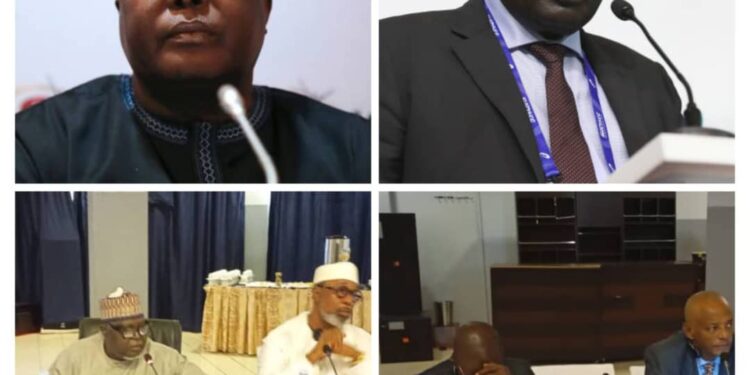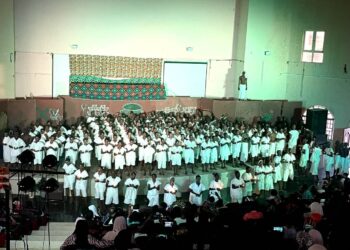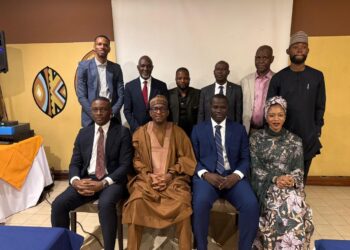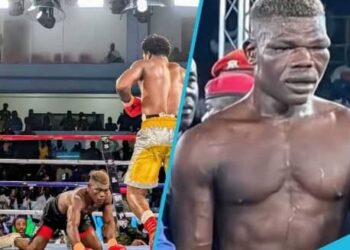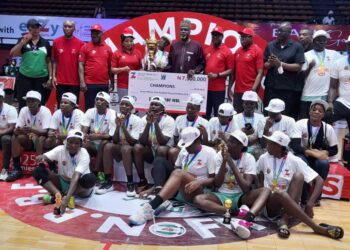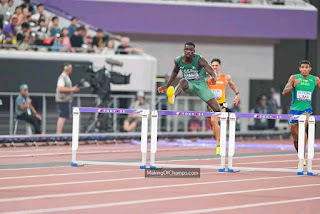The President of the Confederation of African Athletics (CAA), Hamad Kalkaba Malboum, has expressed deep appreciation to the Federal Government of Nigeria for hosting the 3rd edition of the African U18/U20 Athletics Championships in Abeokuta, Ogun State.
Malboum gave the commendation during his remarks at the CAA Council meeting held on Sunday in Abeokuta, highlighting Nigeria’s pivotal role in salvaging the championship following the withdrawal of Algeria as the initial host.

According to a statement issued by the Director of Press, National Sports Commission (NSC), Dr. (Mrs.) Kehinde Ajayi, the CAA President praised Nigeria for stepping in at a critical time and acknowledged the nation’s status as Africa’s largest economy and a continental sports powerhouse.
“I wish to express my deepest gratitude to the highest authorities of the Federal Republic of Nigeria, particularly His Excellency Senator Bola Ahmed Tinubu, President and Head of State, for authorizing the hosting of our championships and meetings here in Nigeria,” Malboum stated.
He also extended his heartfelt appreciation to the Governor of Ogun State, Prince Dapo Abiodun, for making world-class sports facilities available for the young African athletes, thereby ensuring a conducive and competitive environment.
Special recognition was also given to Mr. Shehu Dikko, Chairman of the National Sports Commission, for his initiative in securing Nigeria’s hosting rights, as well as Honourable Bukola Olopade, President of the Local Organizing Committee, and Mr. Tonobok Okowa, President of the Athletics Federation of Nigeria (AFN), for their commitment to delivering a successful championship.
“The CAA Council turned to Nigeria following the unforeseen withdrawal of Algeria. It was a great opportunity for young athletes across Africa to witness Nigeria’s exceptional hosting capacity, especially that of Ogun State,” Malboum added.
Reiterating the Confederation’s commitment to youth development in athletics, the CAA President stressed the need for the regular organization of the U18 and U20 championships to counter the growing trend of African athletes switching allegiance to developed countries.
“The phenomenon of nationality changes is draining Africa of its finest athletic talents. It’s negatively impacting sports development on the continent. To combat this, the CAA is determined to continue hosting the U18 and U20 Championships to nurture and retain talent within Africa,” he stated.
Malboum confirmed that the 3rd edition of the African U18/U20 Athletics Championships is scheduled to take place from July 16 to 20, 2025, at the newly refurbished MKO Abiola Sports Arena in Abeokuta. Over 40 African nations are expected to participate in the continental event.
You can get every of our news as soon as they drop on WhatsApp ...To get all news updates, Join our WhatsApp Group (Click Here)

